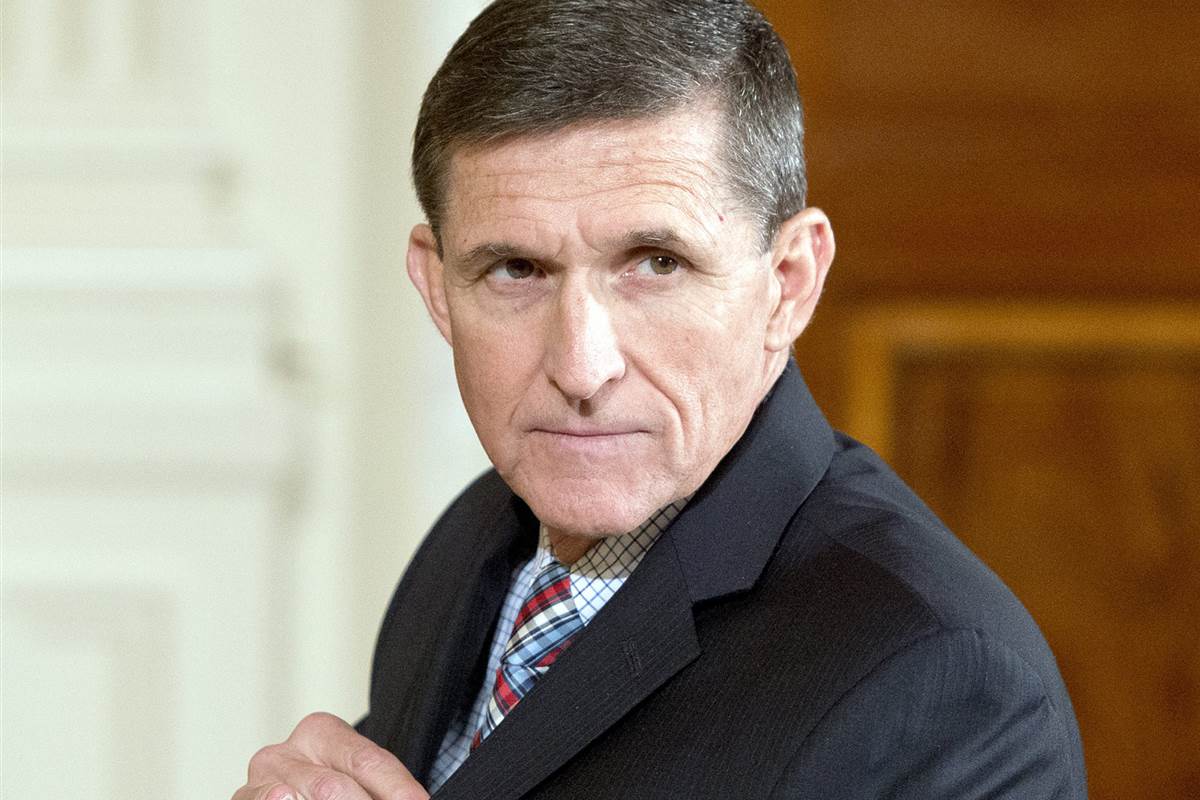On Monday, Feb. 13, national security advisor former General Michael Flynn resigned. Flynn’s resignation comes amid his misreporting of conversations he had with the Russian ambassador back in December. Although it is normal for an incoming presidential administration to talk with foreign leaders, it is the content of the conversation that is creating controversy. Originally, Flynn told Vice President Mike Pence about the conversation and what was discussed. It was later reported by leaks from within the national security agencies, that Flynn had either forgotten or intentionally forgot to tell the vice president that he had also discussed lifting the sanctions on Russia. This lack of information sparked a brief period of chaos in the White House that eventually lead to Flynn’s resignation.
The real story begins back in December with multiple phone calls to the Russian Ambassador. When the story broke about the phone calls in mid-January, very few details were made public. Press secretary Sean Spicer said that the phone call was only about the logistic surrounding a phone call between President Trump and President Vladimir Putin. When pressed on the issue Spicer said that nothing else was discussed in the phone call. The following day Pence contacted Flynn to confirm if what Spicer had was true. Flynn responded in the same way the Spicer did by confirming that nothing else was discussed.
This phone call occurred at the same time the Obama administration was announcing new sanctions against Russia for interference in the US presidential election, as well as the expulsion of 35 Russian diplomats from within the United States. These events could have had a major impact on the conversations between Flynn and the ambassador. If the conversation did turn in a bad direction with Russia making threats against the US, this discussion could have potentially saved both countries a future dispute. On the other hand, this could have been an inappropriate move on Flynn’s part that would lead to the controversy we have seen so far. It could have even been a mixture of the two, but unless the transcripts of the conversation are released we will never know.
At the time it had appeared that this conversation had been laid to rest. However behind the scenes, then acting attorney general Sally Yates, informs the white house counsel about the potentially misleading statements. She warned that this could potentially lead the Russians to blackmail Flynn due to his full conversation not yet becoming public. The white house chose to dismiss the concern citing the reason that Flynn had in no way broken the law. The matter of Flynn breaking the law is now in question due to the Logan Act, which bars US citizens from communicating with any foreign nation over disputes with the United States. It is important to note that this act has never been enforced, mainly due to its obscurity.
In early February Flynn sat down for an interview with the Washington Post in which he claimed, once again, that there had been no discussion of sanctions. The following day the Post followed up with Flynn only to learn from a spokesperson that Flynn said he could not be sure that the topic had not come up during the call. When Trump was asked about this only a few days later, he claimed to have not even heard the story but said he would look into it.
The following week on Monday evening Kellyanne Conway went for an interview on MSNBC, claiming that the white house had “full confidence” in Flynn. Only minutes later Spicer put out a statement saying that the president was evaluating the situation and then making a decision. Only hours later, the story about the potential blackmail situation broke and was reported by the media. Only hours later the president had asked for Flynn’s resignation and he resigns from his post. In why Flynn was asked to resign Spicer said that it was “a matter of trust” for the president.
Many in the media began to take sides over the issue, with many left-leaning reporters claiming that this could be as big as watergate, or the Iran-contra scandal if this issue is much deeper than it appears to be. On the opposite side of the aisle, the reporters showed more fear over the leaks coming from within the intelligence community.

Be First to Comment